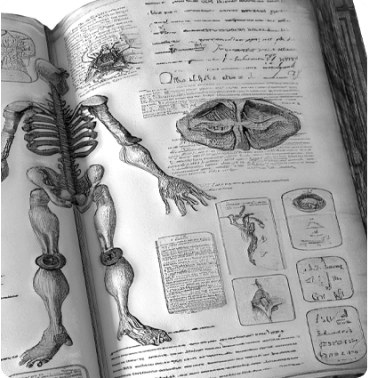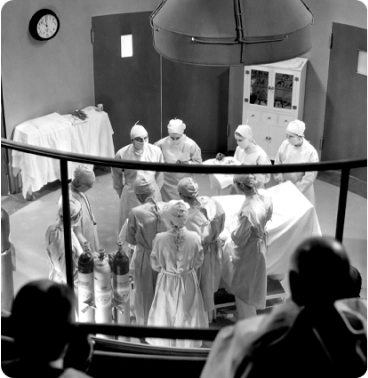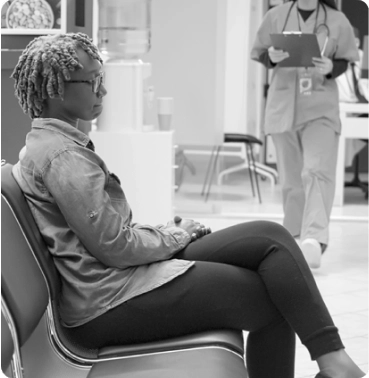The Advil Pain Equity Project Introduces Believe My Pain
Join our mission to address pain bias at the source
STORIES ABOUT PAIN INEQUITY
history of systemic PAIN bias
The sources of pain bias in the US date back hundreds of years and are deeply rooted in racism. Below are a few historical examples that have directly led to the pain biases seen today.
While pain biases are a result of the pervasive nature of medical racism, it’s important to know that countless healthcare professionals, researchers, and advocates have been working tirelessly to foster a more equitable healthcare system.
Myths
From 1845 to 1849, the myth that Black people feel less pain was indoctrinated into health practices.
James Marion Sims, often credited as the “Father of Gynecology,” experimented on Black women without anesthesia because he believed they felt less pain.1

Experimentation
Throughout the nineteenth century and first half of the twentieth, Black people were experimented on and often used as teaching material in medical schools.
This caused physicians, who were mostly white, to develop a habit of looking upon Black people as experimental subjects.2

Dehumanization
From the 1910s to the 1990s, Black people were perpetually dehumanized, and their pain was ignored, as cases of scientific racism in research studies continued.
From 1932 to 1972, the US Public Health Services conducted the Tuskegee Syphilis Study, where hundreds of African American men with syphilis went untreated so scientists could study its effects.3 During this same period in 1947, the nation’s first civilian burn unit was created, where Black people were intentionally burned to discern whether radiation burns would be deeper or more severe than those induced on the skin of white people.4

Disparities
In present day, health disparities are widening as Black people in pain continue to be mistreated, underdiagnosed, and dismissed.
The pulse oximeter, the medical device used to assess blood oxygen levels in COVID-19, was found to be less accurate in people with darker skin. These inaccuracies gave doctors the false impression of patients being okay, despite reporting they were in pain. Consequently, Black patients received less oxygen, ultimately worsening their health outcomes.5

systemic PAIN bias today
In a recent study, Advil surveyed 2000 Americans about their experiences when seeking pain care and treatment.
The results from Black individuals are significant and further justify the need for change.
93% said pain has an impact on their day-to-day life.
74% said there is bias in how pain is diagnosed and treated.
66% said their pain/condition became worse or stayed the same after a negative experience with a healthcare professional.
Championing equitable pain relief
While many organizations and individuals within the Black community are working to address pain bias, we believe it takes greater involvement from the broader health community to solve this systemic issue.
That’s why Advil, Morehouse School of Medicine (MSM) and BLKHLTH have decided to team up in a mission for pain equity.
Together, we’re committed to taking on challenges at the source, through research, education and collaboration.
Join our mission for pain equity
Sharing Believe My Pain content, using our tools and resources, and signing up for our mailing list are just a few ways to get involved today.








